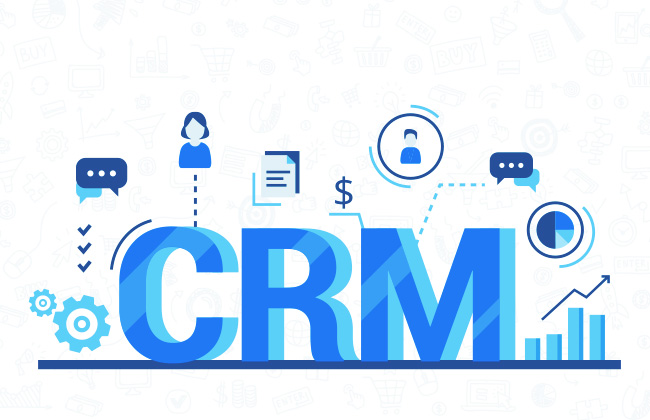Since the dawn of civilization, humans have constantly sought to establish, develop and maintain relationships with other members of their species and sometimes, even with other species. These relationships are not merely limited to personal ones but sometimes span across borders to establish international diplomatic relations. Furthermore, some of these relationships are purely for the sakes and purpose of business.
Business Relationships
In the functioning of a business, the customer is by far the most important keg. It is the customer towards which all the activities of a business are aimed. It is only when the customer purchases the products/wares of a company or acquires its services that the business is said to have fulfilled its purpose. The satisfaction of a customer and repeated sales are any business’ paramount targets and take up a majority of the company’s planning. It with regards to building a healthy, functioning relationship with its customers that a Customer Relationship Management (CRM) system assumes prime importance.
Customer Relationship Management System
A CRM system is a process of collecting, analyzing, presenting and using the data of current and prospective customers in order to be able to use the knowledge to build further, sustaining relationships with them. The data being referred to spans from names and gender to preferences and purchasing history. It also contains demographic such as income and purchasing power.
Owing its humble origins to plain registers, the system spread onto Excel spreadsheets before evolving into the digital force it is today. Initially considered just a part of business, customer relationship management has become perhaps the most important part of a business.
Benefits of CRM
Business owners in the current status quo have attributed the highest attention to CRM and rightly so. A thorough analysis of the data thus attained can be used effectively in discovering current leads in order to act on them and charting future leads so as to sustain them.
The process has various benefits:
- Enhancing the progression of sales: The use of merely Excel or any such system creates the risk of missing out on sales opportunity. CRMs ensure that every lead that is generated can be reported, recorded and viewed by the business owner and others with access to the system, enabling the department in question to act on the lead and convert it into actual sales.
- Simplifying the process of conversion: Often, the marketing policies and activities of a firm create a ton of prospective leads, all holding the potential to turn into actual sales. However, some of these leads have higher chances of turning into sales than the others. A CRM system enables the sales team of a firm to view these ‘hot’ leads, rendering them able to pursue them first as compared to the ‘warm’ and ‘cold’ ones. In the absence of this feature, considerable time would’ve been wasted on chasing useless leads.
- Enabling personalized attention to each customer: CRMs often come with the facility to record and view a prospective customer’s sales history and their preferences. This is done by recording the customer’s email id and using it to view the most visited pages on a company’s website. Having attained knowledge of a customer’s interests, the sales team is able to do its job better.
- Time-saving: Manual recording and presentation of customer data is a time-consuming process. Not only does it involve attaining the information through forms and questionnaires but also involves storing that data and recording it in a process that is, as has been mentioned previously, extremely tedious. Moreover, the human analysis of this data is bound to take up time and energy. In contrast, CRMs manage to do the entire bundle of work in a fraction of the time. It saves a ton of energy while enabling employees to concentrate upon the more important facets of work.
- Greater customer satisfaction: The basic functions of CRM result in the needs of any customer being catered to. The thorough analysis provided by the systems helps the business personalize their approach to any prospective customer or an existing customer for an up-sell or cross-sell. Moreover, a record of the customer’s history with the business also ensures better after-sales service which increases the customer’s satisfaction rate and perceived value of goods.
- Profitability: The main financial aim of any business in the world would be to garner high levels of profit. While an expensive system to install and establish, the benefits provided by CRMs prove to be far greater than the costs involved. The increase in efficiency brought about by CRMs also lead to higher levels of sales and lesser costs. More importantly, a satisfied customer is said to be the sure-shot process towards higher revenue and an improvement in profits.
Conclusion
The systems of customer relationship management are dynamic – they differ with every firm they are employed in. However, all businesses who have employed their use have reported better levels of customer satisfaction, employee efficiency, and profits. In addition to this, the digital revolution brought forth by the Internet Boom and the surge of smartphones has only strengthened the importance of the system. Hence, it is recommended for every business looking to understand its customers better.

